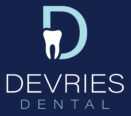Wisdom Teeth Extractions

The Importance of Wisdom Teeth Removal
Wisdom teeth, also called third molars, are typically the last teeth to erupt. It is normal for wisdom teeth to erupt during adolescence between the ages of 17 and 25. For some people, wisdom teeth may never appear. For others, wisdom teeth may erupt without issue. In many cases, they cause severe pain and complications that can take a toll on your oral health and alter the appearance of your smile.
Impaction happens when wisdom teeth become overcrowded in the mouth, or erupt at an angle. This can result in discomfort, infection, cysts, and possible damage to surrounding teeth. These complications indicate that the removal of impacted wisdom teeth is necessary.
When Should I Have My Wisdom Teeth Removed?
During the aging process, our jawbones harden and tooth roots elongate. It is recommended that patients between the ages of 17 and 25, have all wisdom teeth examined to determine if they must be removed, even if they’re not currently causing any issues. If you are over the age of 25 and your wisdom teeth are causing problems, we encourage you to reach out to our dentists.
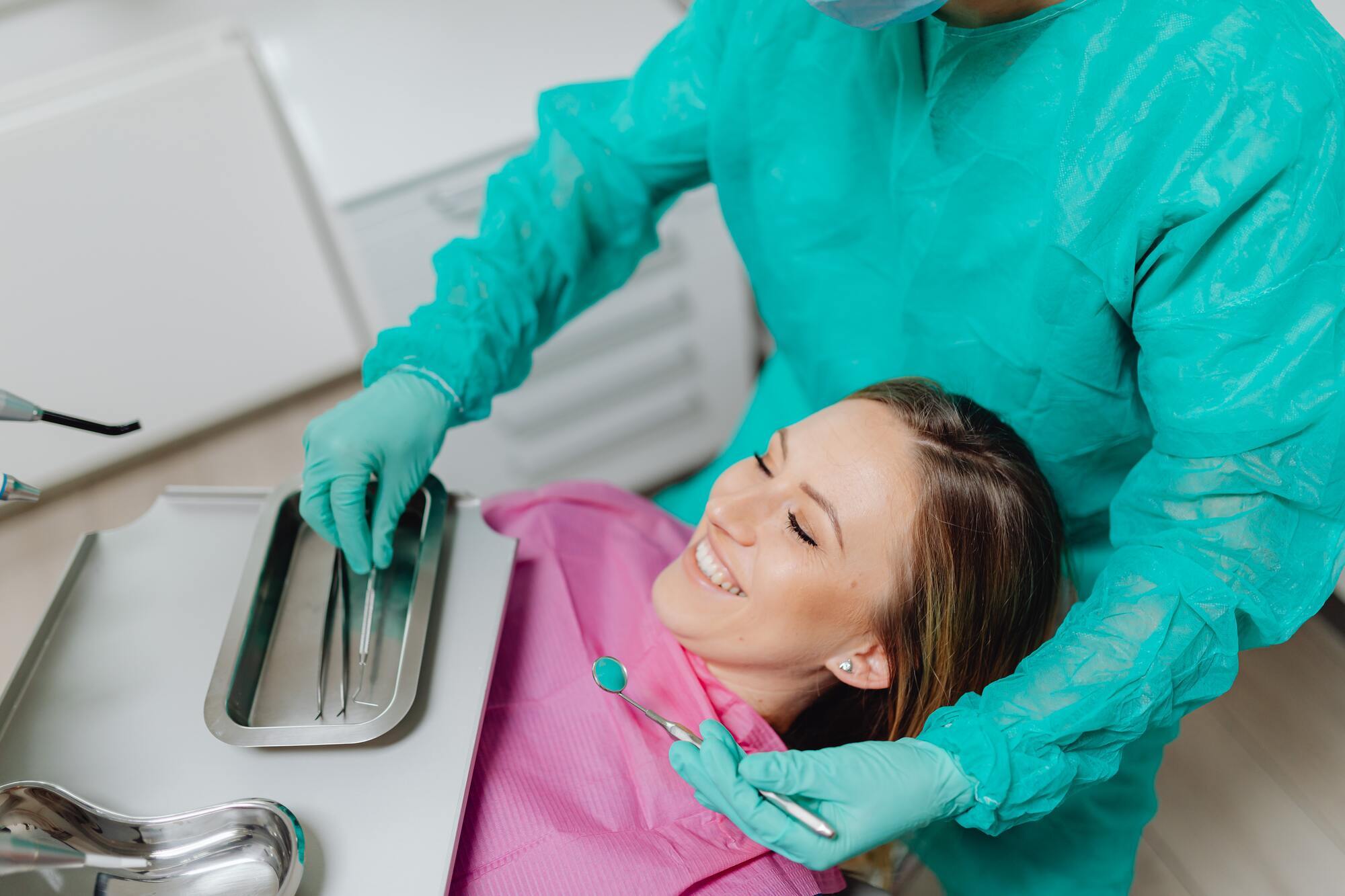
Signs You Should Remove Your Wisdom Teeth
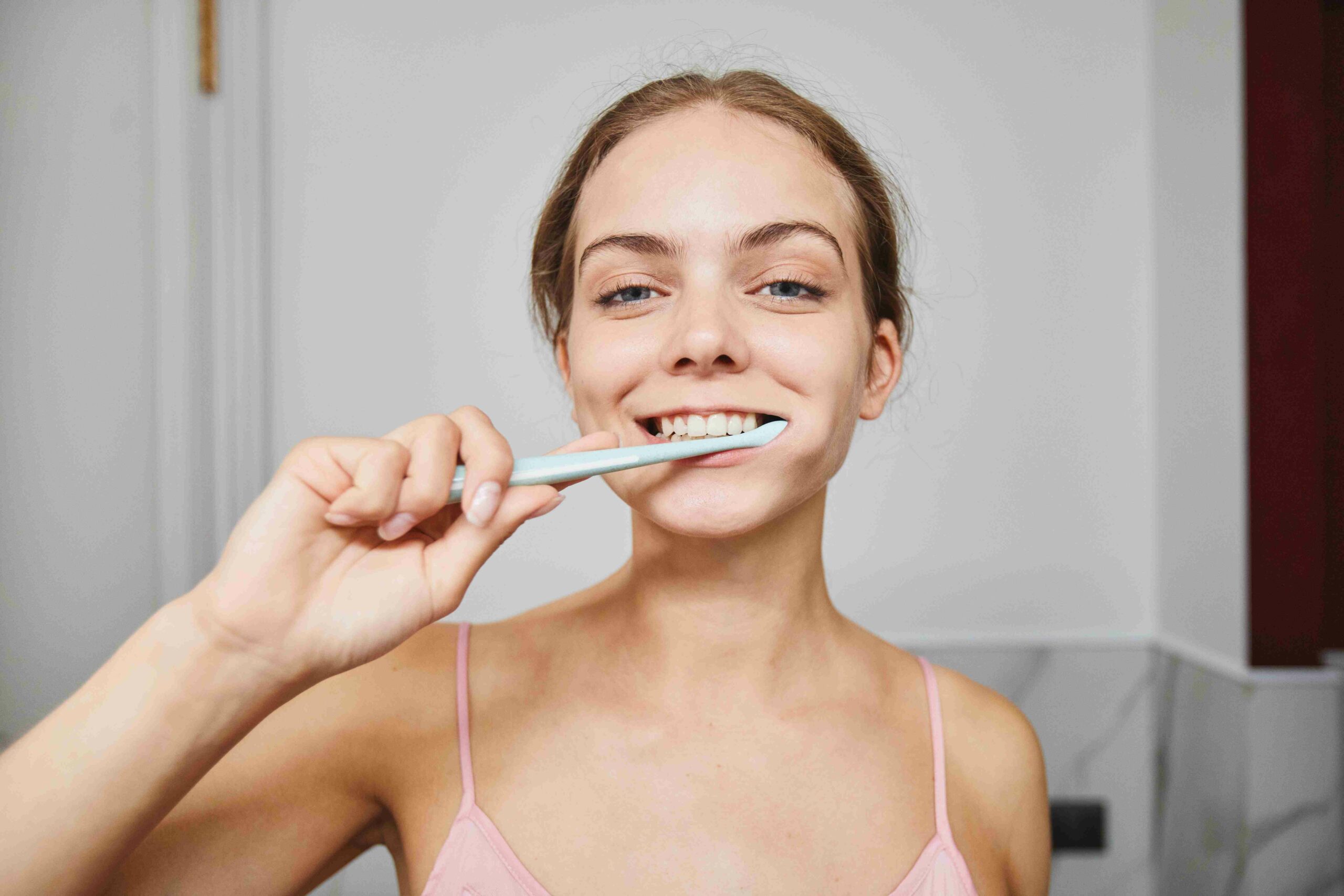
Bad Breath
Impacted wisdom teeth can become infected, decayed, and may cause other oral health concerns. A consistent bad taste in your mouth or untreatable bad breath can be a sign of infection.
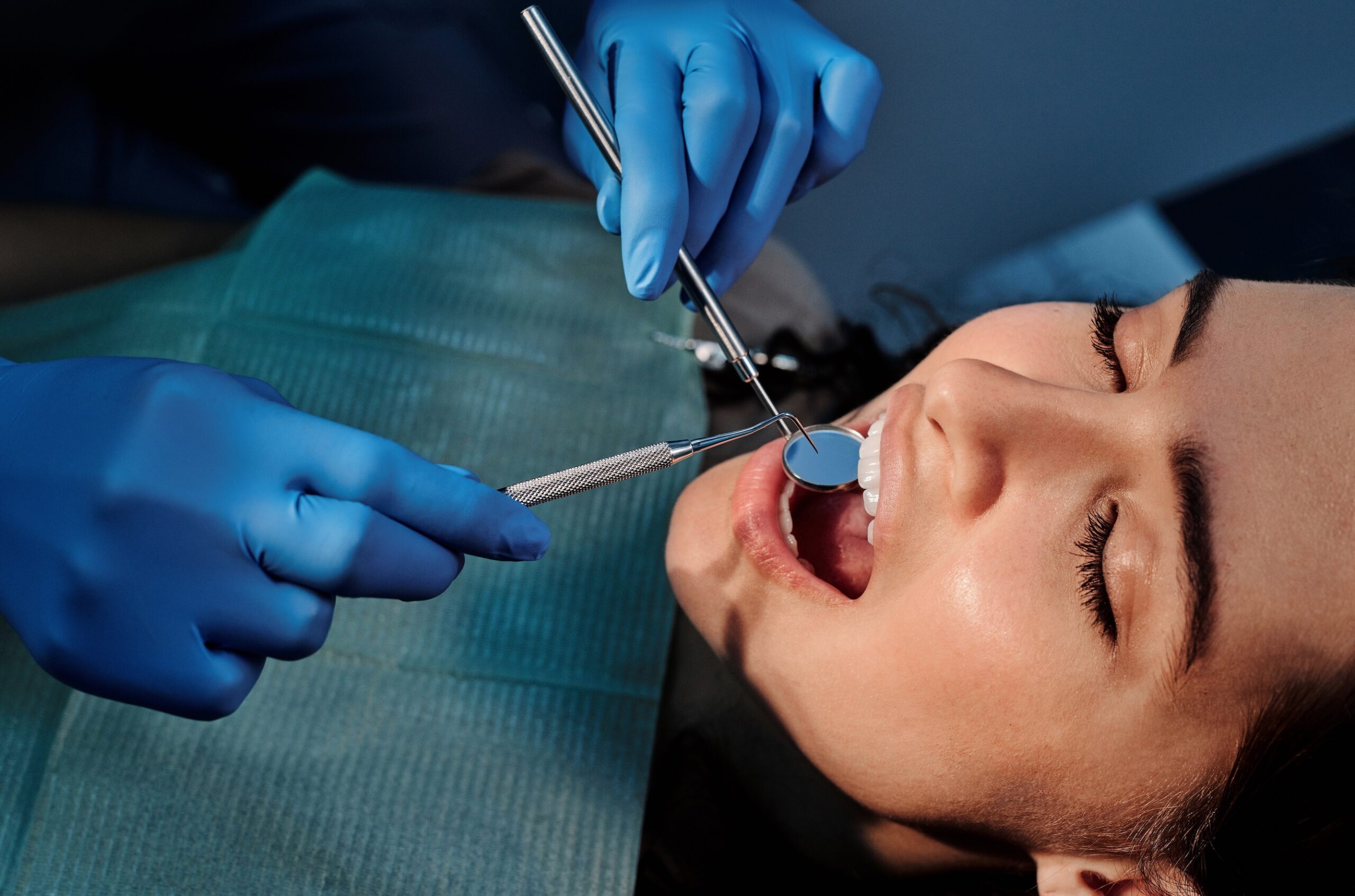
Cavities
Since wisdom teeth, or third molars, are located so far back in the mouth it can be difficult to brush and floss them properly. Limited ability to reach these teeth during your oral care routine can lead to bacteria buildup, which can cause cavities.

Sinus Pain
Wisdom teeth erected in the upper dental arch of your mouth can press against the sinuses, causing noticeable pain. If you experience sinus pressure, headaches, or chronic congestion, you may need a wisdom tooth extraction.
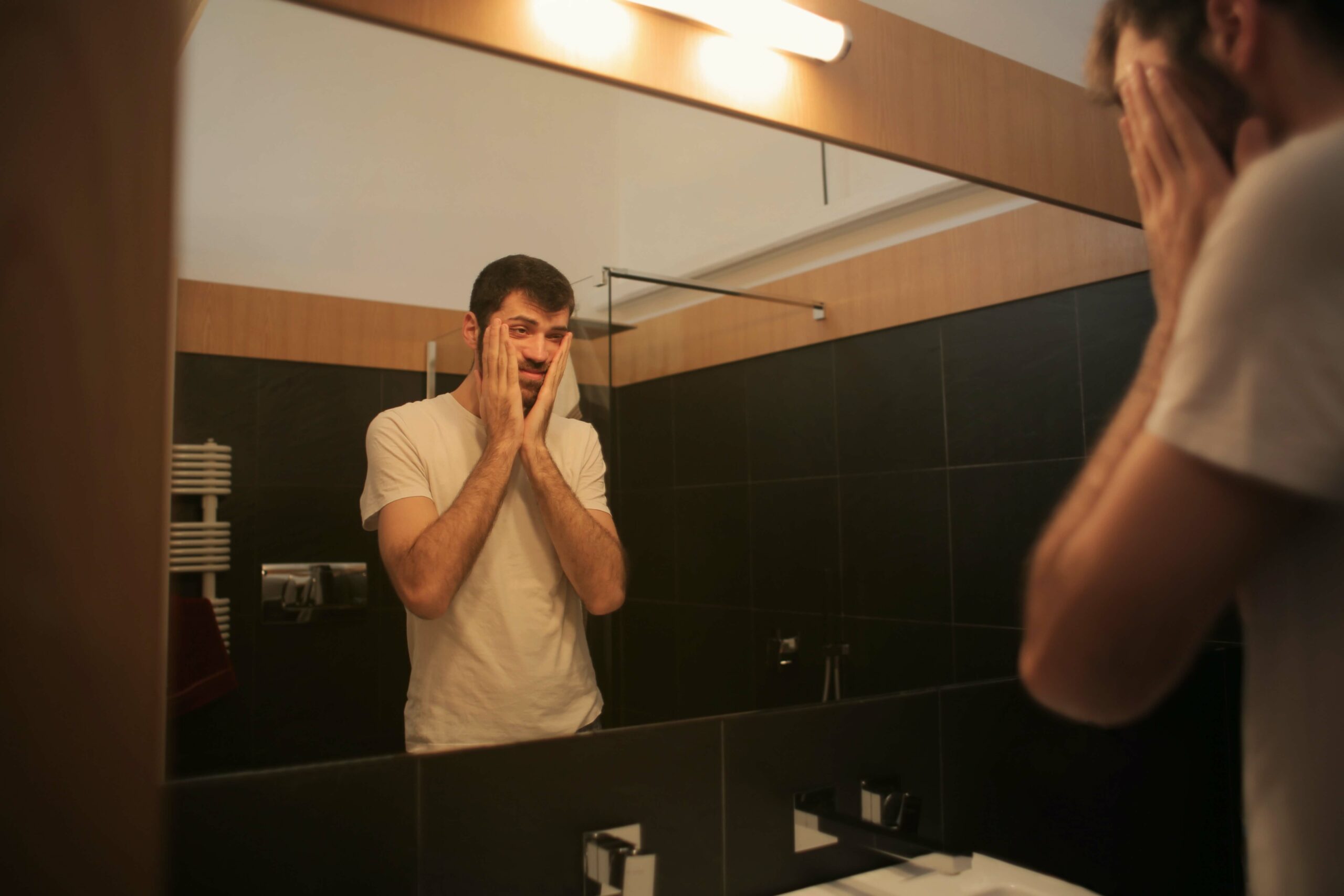
Inflammation
As wisdom teeth erupt, they may cause you to experience swelling, redness, and severe pain. Since these molars are often hard to clean while brushing your teeth at home, you may even develop gum disease.
